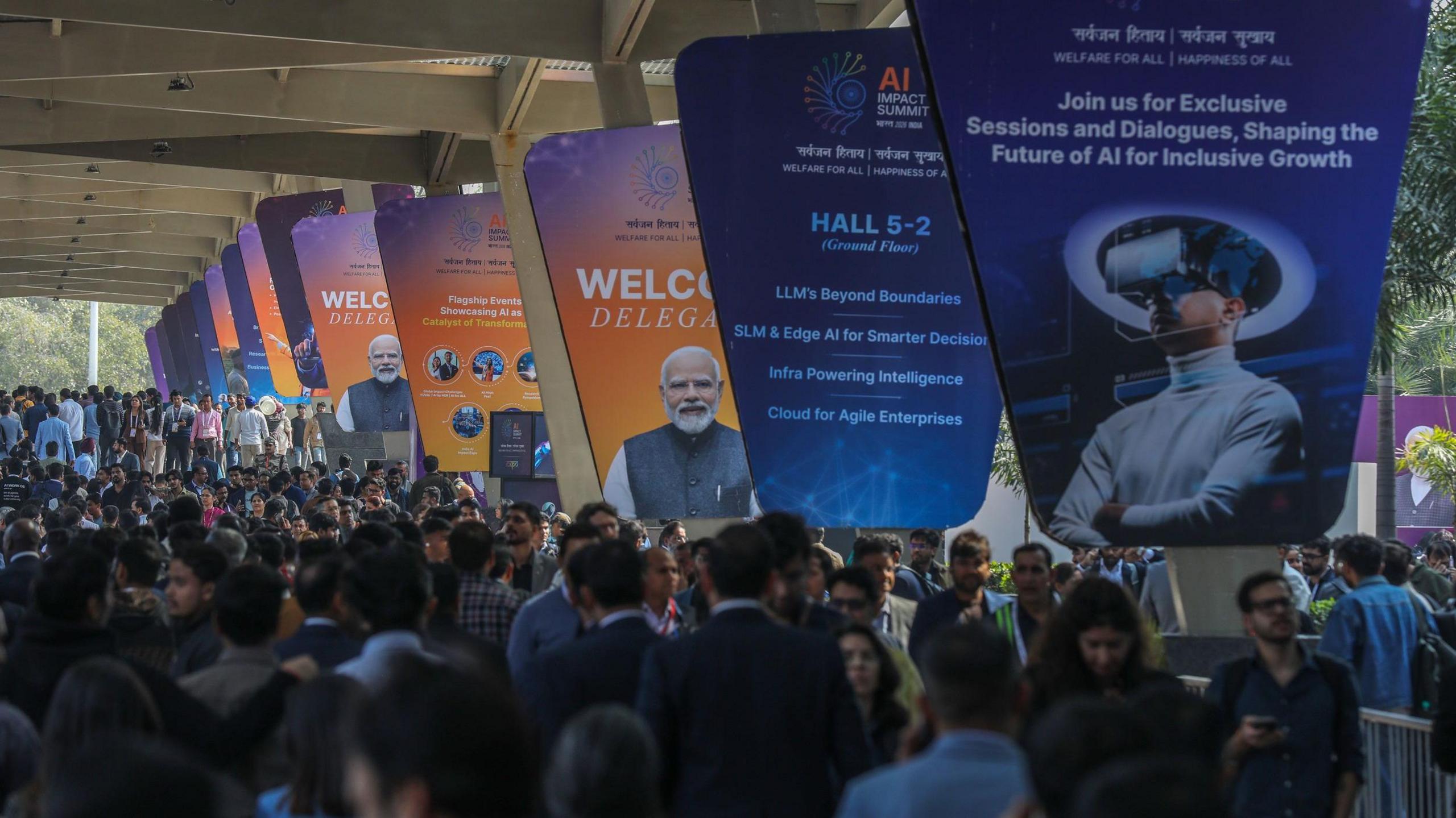The outcome of a review requested from Kevin Kerr, Acting President of Jamaica’s National Water Commission (NWC), was expected – regarding a denied Access to Information (ATI) request.
The request was for a copy of the NWC’s Public-Private Partnership (PPP) agreement with Rio Cobre Water Limited (RCWL), the private consortium led by French construction giant Vinci, that’s supposed to construct and operate a new treatment plant in St. Catherine to add 15 million imperial gallons of water each day to the nation’s water supply. The denial on March 14 followed a February that was exposé that revealed the project’s cost had quietly ballooned from US$76 million (J$12.22 billion) in 2022 to US$92 million (J$14.75 billion), which has still not been announced to the public.
The increased cost came after Minister of Finance Fayval Williams in December 2024 overrode objections from Darlene Morrison, the most senior technocrat in her ministry, and approved a revised weighted average interest rate of 15.16% — up from 9.5% —even as the bulk of the financing was coming from international lenders IDB Invest and French development agency Proparco and global rates were declining. The European Central Bank just this morning cut its main interest rate for the third time this year to 2.25% in response to slowing growth and Donald Trump’s tariffs.
Though the Jamaican government won’t directly shoulder the debt, RCWL will recoup its investment by selling water to the government-owned NWC, which will impact the money-losing entity and, potentially, consumers — which is why approval from the Ministry of Finance was needed in the first place. But despite these implications, the NWC refused to release the agreement, citing Section 20 of the ATI Act, which exempts disclosure if a document would reveal “trade secrets” and harm “commercial interests.”
PPPs (Public-Private Partnerships) are some of the most capital-intensive contracts in Jamaica with each worth over US$10 million (J$1.58 billion). During the March 2024 groundbreaking of the Rio Cobre Water Treatment Plant, Prime Minister Dr. Andrew Holness hailed PPPs as among the “creative” ways to make infrastructure investments without adding to the public debt.
But because PPPs tend to rely more on private sources of funding rather than on the public purse, they can bypass traditional public procurement procedures. Instead, according to the PPP Policy, revised in 2023, the Cabinet, through the PPP Units of the Development Bank of Jamaica (DBJ) and the Ministry of Finance and Public Service, takes responsibility for strategic oversight of the PPP programme, including policy and process. Each PPP in Jamaica must be approved by the Cabinet.
But this system of approval presents hurdles to accessing information. A basic request sent on March 14 requesting whether the Rio Cobre contract had received Cabinet approval, the date of the approval and the amount approved, was denied by the Cabinet Office under Section 15 (1) of the ATI law, which shields Cabinet documents.
The difficulty in getting information regarding this particular PPP agreement seems at odds with the PPP Policy in Jamaica, which outlines that “the Government of Jamaica is committed to probity and transparency in all aspects of its PPP Programme” and that “transparency procedures are the Government’s commitment to ensure that information about the project is available to the public.” The policy details that the Access to Information Act “will apply to all PPP projects,” and “PPP contracts may be published after they become effective, subject to any confidentiality requirements.”
It is on this basis that 18⁰ North on March 19 requested a review of the rejection from the NWC’s Kerr (pic), as allowed under the law, and on the basis that Section 11 of the ATI Act mandates that non-exempt parts of documents be shared. A similar request for a review was also requested earlier this week on April 14 from Cabinet Secretary Audrey Sewell on the basis that within the PPP policy, it states that the “PPP list will be published after it is approved by Cabinet, and whenever it is updated” by the PPP Unit.
An ATI request for the Rio Cobre PPP agreement was sent on March 25 to the DBJ, which has a PPP unit, and it hasn’t been honoured yet, though the initial 30-day clock hasn’t fully run its course. Separately, the Integrity Commission earlier this month announced that its Director of Investigation, Kevon Stephenson, had requisitioned twelve public bodies to submit detailed particulars on PPPs, land and asset divestitures and acquisitions that were executed by them from July to December 2024.
The IC said the goal is to create a web-based system to boost accountability and transparency of the information that would be requested bi-annually. Of note is that more than half of the government bodies targeted under the IC's new initiative fall under Prime Minister Holness’ oversight, including the National Land Agency, Urban Development Corporation and the Ministry of Economic Growth and Job Creation. However, PPPs from the NWC, which the prime minister also oversees, were not on the list as having been requisitioned.
With the NWC’s Kerr having had until April 18 to respond to the review request, it remains to be seen whether the agreement will contain key details like the terms under which the NWC will buy water from RCWL and the original financing arrangement that was in place before the interest rate spike.











